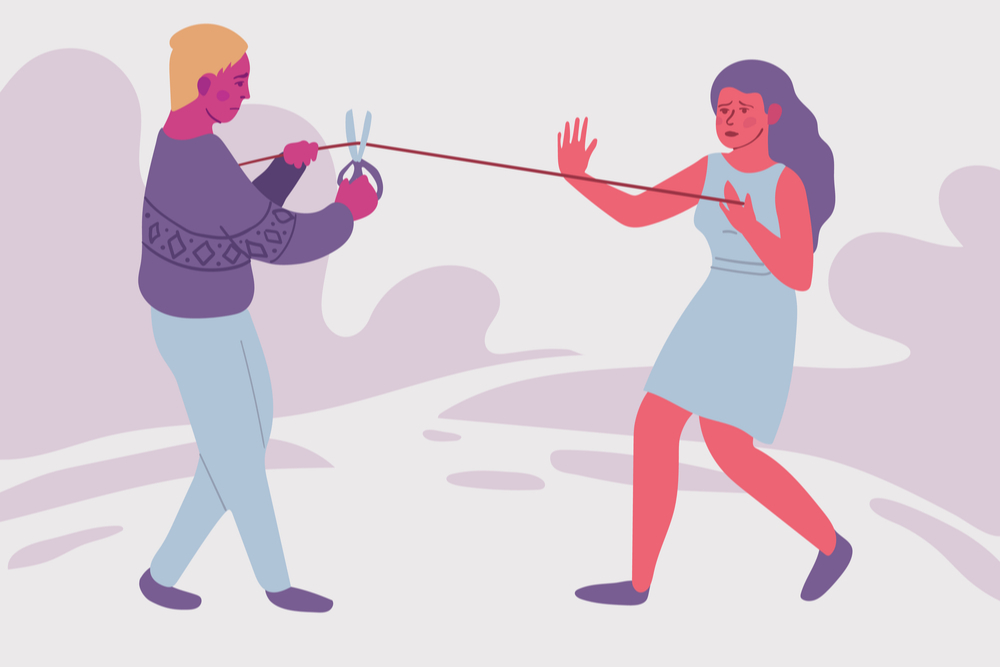Understanding Codependency
Codependency may be one of the most common yet widely misunderstood behaviors. In short, codependency means sacrificing your needs to meet the needs of someone else. But there is more to the story.
An isolated act of self-sacrifice or kindness isn’t inherently codependent. Codependency isn’t a mental health diagnosis. Rather it is both a behavior and a characteristic of a relationship. It is a behavior that may stem from, or help contribute to, a mental health disorder. For example, a codependent mom might develop depression or anxiety over her inability to “make everyone OK.”
Codependency and addiction often go hand-in-hand. Some refer to it as a “relationship addiction.” People in active addiction often have codependent relationships with people who self-sacrifice trying to keep them out of trouble.
Codependency and Addiction
Imagine a woman who constantly tries to protect her older brother from the consequences of his behavior. The brother has a substance use disorder. He lives recklessly and is often in trouble with the law.
His sister consistently provides him with alibis. She even lies to the police to cover for him, putting herself in legal jeopardy. His sister helps pay his rent when he’s broke from spending on drugs, even when it means she may not have enough herself. And she drives by his apartment to make sure he is up for work every morning while making herself late for her own job.
She finds herself anxious and sleepless in her endless pursuit to save her brother from himself. She feels she cannot be OK unless he is OK—her situation with her brother is one example of a codependent relationship with an addiction component.
Turning the Tide
Once you’ve identified codependent relationships in your life, gauge how open you are to change. One of the most beautiful things about recovery is the power it has to transform relationships. Codependency recovery has a healing effect that extends to people around you.
Codependency is complex. Learning how to draw boundaries and avoid enabling an addicted person can be incredibly difficult. When that person is your son, daughter or your partner, the challenge is likely even more considerable. How do you stop trying to help someone you love when you see them destroying themselves? The answer is you don’t.
Overcoming codependency does not mean abandoning the people you love. It means not forgetting to love yourself and provide for your own needs. That includes your emotional needs, your need for time alone, your need to feel loved and appreciated.
When you have a codependent relationship with a person who is addicted, the best way to help them may feel counterintuitive. It often means refusing to insulate them from consequences. There are two reasons for this. The first is, so you do not compromise your own needs. The second is equally important—consequences are what it often takes for that person to surrender and accept addiction treatment.
A person with a substance use disorder doesn’t need to reach their “bottom” before asking for help, but taking away their enabling options can assist with their decision-making. Ironically, by protecting that person from consequences you may deny them the discomfort they need to finally ask for help.
Recovery from Codependency
Finding yourself takes time and patience—just as it does when a loved one is getting care for their substance use disorder. You can break the cycle of codependent behaviors and genuinely discover who you are without the reliance on a relationship.
At The Ranch Tennessee, we build unique plans for unique people. We offer addiction and mental health treatment along with sex and love addiction and co-occurring treatment services. Call us today at 844.876.7680 to speak with our recovery specialists and find out more about our programs.
By Ryan Egan



